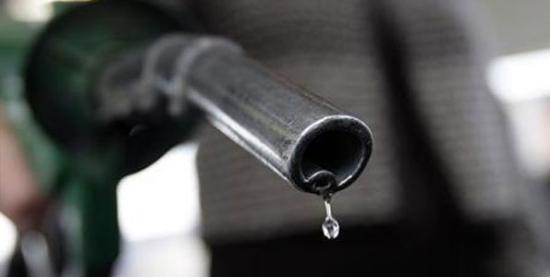
Zimbabwe consumers can soon look forward to lower fuel prices

Fuel prices are expected to decline in Zimbabwe in the near future amid indications the government plans to cut the excise duty on diesel and petrol.
While officiating Zimbabwe’s 38th independence anniversary in Harare, President Mnangagwa said the mooted excise duty reduction will also enhance competitiveness of local products on the export markets. He also said efforts were underway to reduce cash shortages in the country, which have caused “great hardships” to citizens.
Mr. Mnangagwa’s action comes amid continued efforts to cut high production costs that have dogged the country’s manufacturing sector.
‘’My government is attending to various production challenges and will cut excise duty on diesel and petrol to bring down prices for consumers and at the same time enhance competitiveness,’’ said Mnangagwa.
Since government introduced statutory instrument 64 of 2016, the manufacturing sector has been witnessing a steady rise in capacity utilisation and the general availability of locally produced goods.
Several companies such as cooking oil manufacturer Willowoton and health and wellness products producer Nestle Zimbabwe have ramped up production.
President Mnangagwa says countries from around the world express confidence in Zimbabwe’s growth potential and that investment opportunities will help grow his country’s economy by almost 1 percent compared to last year.
“This renewed domestic and foreign investor confidence will see our projected economic growth increase from 3.7 percent last year to 4.5 percent in 2018,” he said. The economic growth is expected to be underpinned by strong performances in the mining, agriculture, tourism and construction sectors.
Key minerals such as gold, platinum, nickel and diamonds are expected to spur economic growth. President Mnangagwa said the government will soon formulate a comprehensive diamond policy that will guide operations, development and sustainability in the sector.
Minerals, particularly gold, are central in attracting foreign currency. However, President Mnangagwa called for sustainable exploitation of resources without degrading the environment. In terms of cash shortages, President Mnangagwa said they are “working tirelessly to solve” the challenges.
He said the government was accelerating the implementation of measures to resolve the shortage of cash within the economy, by mobilizing foreign finance from regional and international financial institutions, increasing cash and currency importation, opening up the economy to investment, and enhancing exports to increase the supply of foreign currency.






